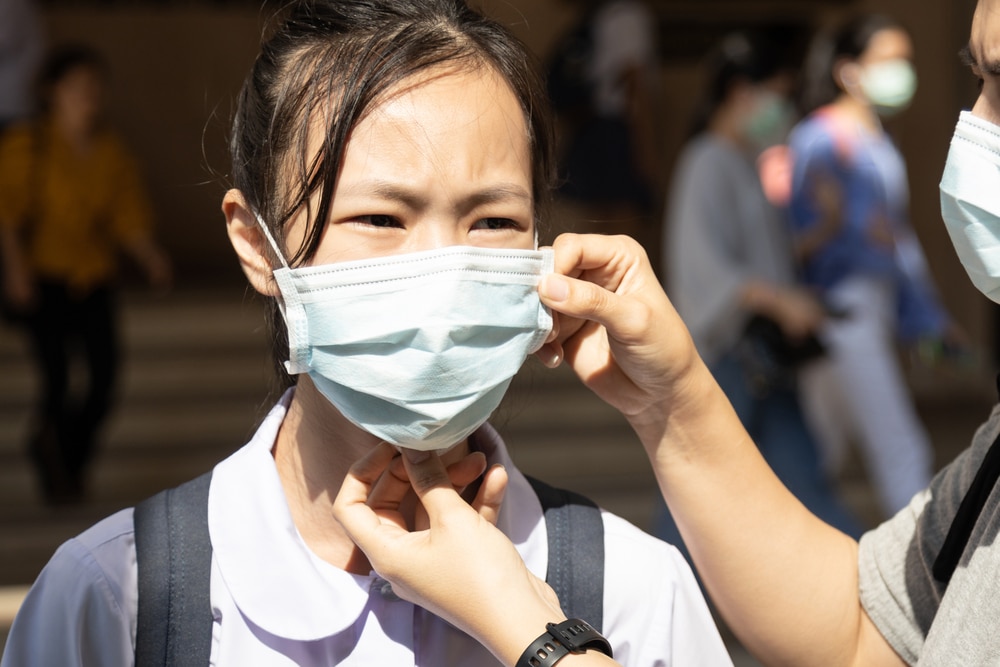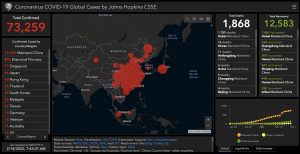
How is coronavirus affecting international education?
As per today, there are 73,259 confirmed cases of Coronavirus COVID-19; 72,363 of them in Mainland China. Even with the considerable efforts taken to contain the spread of the virus, it remains unclear if the peak is near.
 Source: Coronavirus COVID-19 Global Cases by Johns Hopkins CSSE
Source: Coronavirus COVID-19 Global Cases by Johns Hopkins CSSE
The coronavirus outbreak may be the biggest disruption to international education and the flow of students in history. International travel is one of the problems complicating global efforts to contain the virus. These complications have resulted in thousands of students who intended to study abroad being stuck in China. If travel limitations continue, it becomes less likely students will arrive in time to start or complete the academic year.
Within China, many fear that schools could remain closed until the end of the academic year. Chinese schools are looking for solutions in artificial intelligence (AI) to ensure students can still learn during periods of school closure and isolation.
Meanwhile, Hong Kong’s international schools are bracing for an exodus of families from the city. Some schools warned that they may have to shut for good after the government suspended classes until at least March 16, to prevent the spread of the coronavirus.
All of this will also have dramatic consequences for the international schools’ financial positions, even to the point of putting their continued operations at risk.
In Singapore, international and local schools remain open and follow advice from the Ministry of Health and the Ministry of Education, such as: Suspension of all inter-school and all weekend activities and competitions, temperature screenings and collections of travel declarations.
For the latest information about the COVID-19 and Government updates in Singapore, subscribe to Gov.sg WhatsApp channel.
However, and despite all the efforts and precautionary restrictions already taken by governments, the rest of us need to follow simple precautions at all times:

Avoid crowded places and close contact with people who are unwell or showing symptoms of illness;
Observe good personal hygiene;
Practice frequent hand washing with soap;
Cover your mouth (preferably into your elbow or with tissue paper) when coughing or sneezing, and dispose of soiled tissue paper in the rubbish bin immediately;
Promptly seek medical attention if you are feeling unwell; and
Stay at home, if you have respiratory symptoms such as a cough or runny nose.
Keep calm and healthy!









